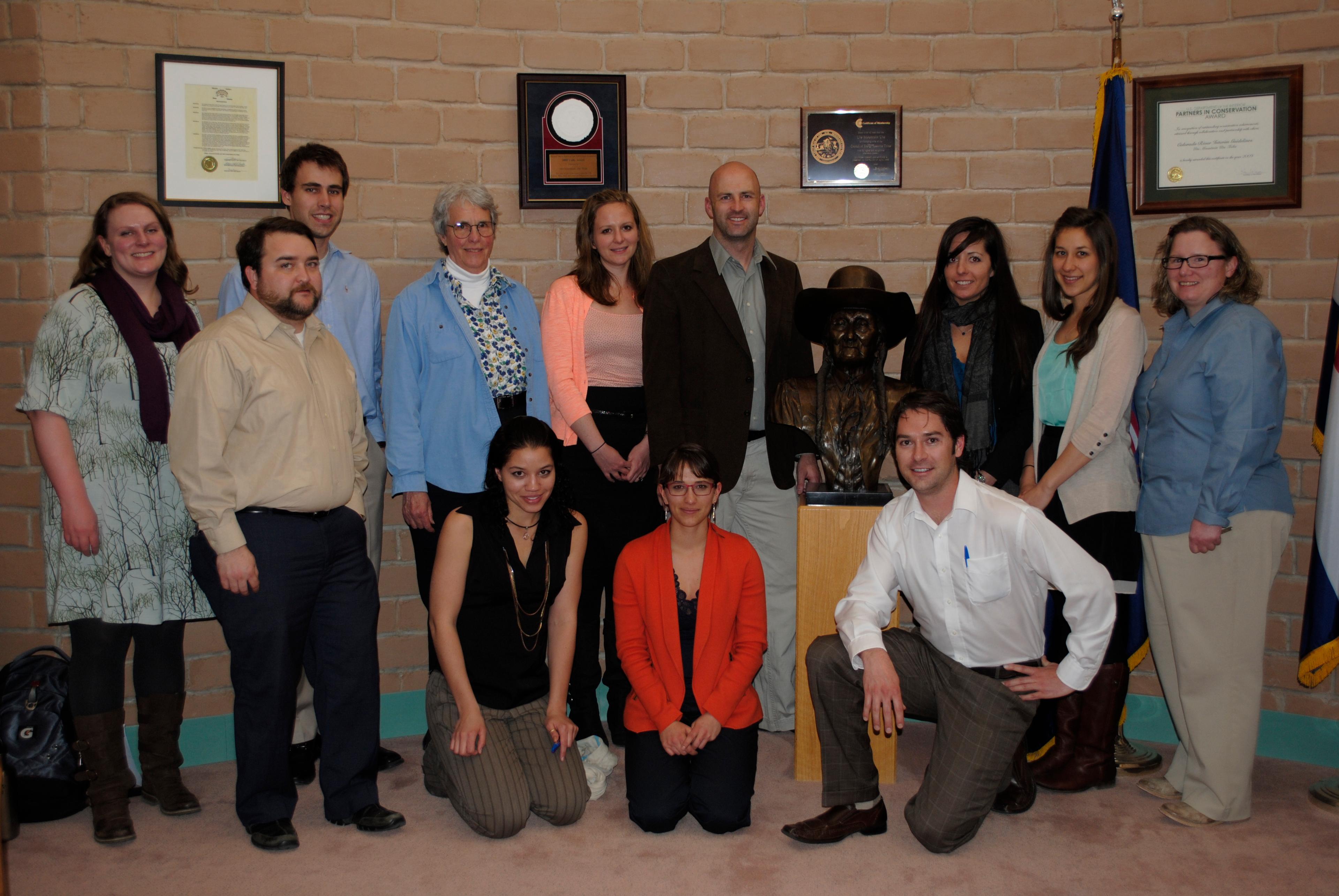
Many American Indians, especially those on reservations, don’t have wills, says Lucy Marsh, law professor at the University of Denver.
"The culture for the Ute, Southern Ute, Ute Mountain Ute and the Navajo is that if you speak of death that might mean you’re ready for death and death might come soon," she says.
Not talking about death, or wills, can fracture families. But under a new federal law, the American Indian Probate Reform Act, if American Indian families don’t have a will, nearly all of their trust land -- land held by the government -- goes to the eldest child.
“You can imagine if one out of 10 kids gets all the assets, that’s not what most people want,” Marsh says.
The Department of the Interior knew this was a problem and asked law schools across the southwest to help out. The University of Denver was the only school to answer the call, and it established the Tribal Wills Project. Now in its third year, students have served 421 clients on reservations in Colorado, New Mexico, and Utah.
DU law students, under the supervision of professional lawyers working pro-bono, give up their vacation time to travel to the reservations to write wills, medical powers of attorney, and other legal documents for the Indian American community.
Marsh, one of the founders of the Tribal Wills Project, says it means the world to the families. “One client, quite elderly, who spoke only Navajo, had 10 children and we were able to do a will for her so that she was able to leave something for each of her 10 children. And she was so grateful to have that accomplished.”
There are challenges, including this issue: there is no word in Navajo for "will." So, students and attorneys draw pictures. Imagine a game of Pictionary. “We just draw stick figures of people to try to explain,” says Michelle Begay who lives in Ramah, New Mexico, and is Navajo and a probate specialist who acts as a liaison between DU and the American Indian Community.
The Tribal Wills Project has served clients with 11 different tribal affiliations and just has added a reservation in Montana. Clearly, there is a lot of untapped potential. “I would think it’s fair to say that virtually no American Indian families have been doing wills.”








